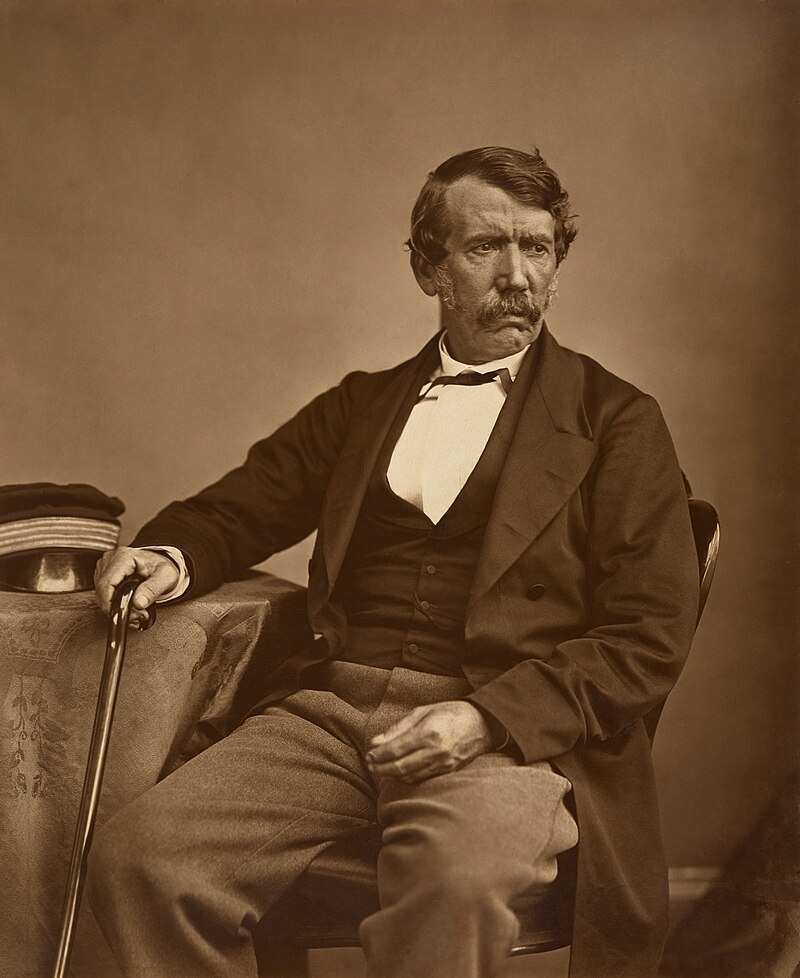David Livingstone was born in Scotland on March 19, 1813. He was a missionary, doctor, and explorer renowned for his expeditions across Africa during the 19th century. Livingstone aimed to spread Christianity, combat the slave trade, and map uncharted territories. His journeys took him to Victoria Falls, and his mysterious disappearance gave rise to the famous phrase, “Dr. Livingstone, I presume?”
Fun Facts:
- Humble Beginnings: David Livingstone was born on March 19, 1813, in Blantyre, Scotland, and worked in a cotton mill as a child while educating himself at night.
- A Mission with a Purpose: Livingstone’s dedication to his mission was unwavering. He traveled to Africa as a missionary and doctor, aiming to spread Christianity and end the slave trade.
- An Epic Journey: Livingstone mapped vast parts of southern and central Africa, becoming one of the most important explorers of his time.
- Discovering Victoria Falls: In 1855, Livingstone became the first European to document Victoria Falls, a significant geographical landmark. He named it after Queen Victoria, but the local Lozi people called it “Mosi-oa-Tunya” (The Smoke That Thunders). This discovery added to the world’s knowledge of Africa’s geography and natural wonders.
- Lost and Found: Livingstone’s courage was tested when he went missing for several years while exploring. In 1871, American journalist Henry Morton Stanley found him in Tanzania and greeted him with the now-famous words, “Dr. Livingstone, I presume?”
- Final Days in Africa: Livingstone’s final days were spent in Africa, a continent he had come to love. He died in 1873 in present-day Zambia, his heart buried in the land he had dedicated his life to. His body was returned to Westminster Abbey in London, a fitting tribute to a man whose legacy would continue to inspire generations.
- Legacy Lives On: Livingstone’s maps, journals, and abolitionist efforts had a profound impact, changing the world’s understanding of Africa and helping push for the end of the East African slave trade.

